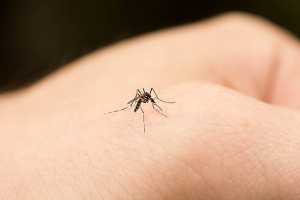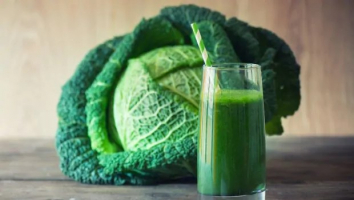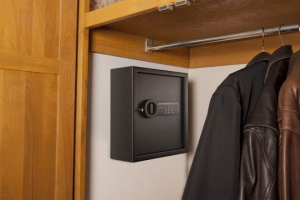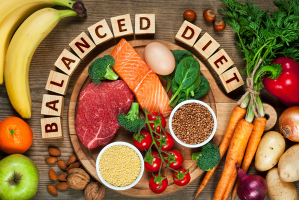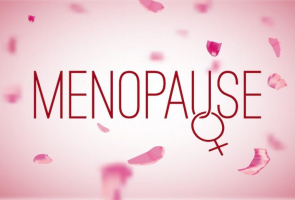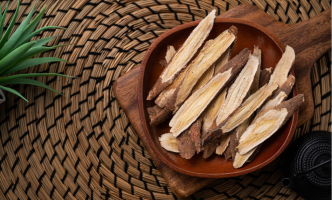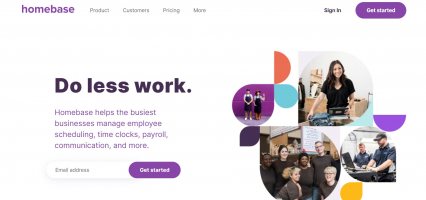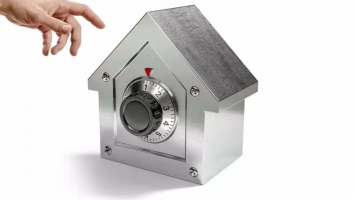Top 10 Best Home Remedies for Fast Heartbeat
Do you ever feel as if your heart is beating or fluttering considerably more quickly than usual? Perhaps it feels like your heart is skipping beats, or your ... read more...neck and chest are tingling from your pulse. Heart palpitations could be what you're feeling. If you want to get rid of this situation; read on to find out some of the best home remedies for heart palpitations, and tips for maintaining a healthy heart.
-
Stress is a well-known factor in heart palpitations, and anxiety may also lead to panic attacks. Therefore, heart palpitations may be brought on by or made worse by stress. That's because adrenaline can rise when you're under stress or excited.
Relaxation can be beneficial for stress management. Among the best possibilities are meditation, tai chi or yoga. You can try to sit cross-legged and take a leisurely breath in through the nose and out through the mouth. Until you feel at ease, repeat. Additionally, you should concentrate on relaxing all day long rather than just when your heart is racing or palpitations are occurring. To keep yourself calm and relaxed, take a break every one to two hours and take five deep breaths. You can avoid heartbeat episodes and gradually lower your resting heart rate by maintaining a low overall stress level. Guided imagery and biofeedback are other good choices.
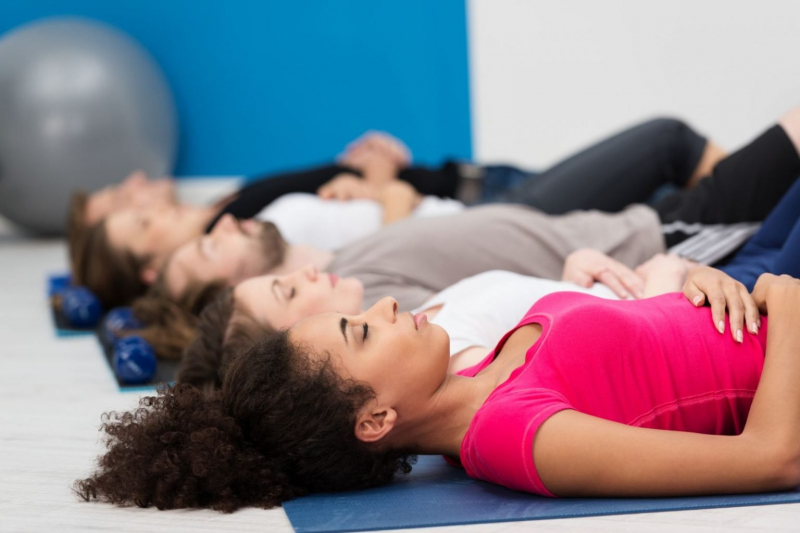
Try relaxation techniques 
Try relaxation techniques -
The vagus nerve has a variety of purposes, one of which is to link the heart and brain. The vagus nerve is stimulated by vagal maneuvers, which may help regulate an accelerated heartbeat. The vagus nerve can be stimulated at home, but only with a doctor's permission.
Here are some techniques for activating the nerve:
- Apply a cold towel or ice pack to your face for 20 to 30 seconds, take a cold shower, or splash cold water on it. The cold water's "shock" helps in stimulating the nerve.
- Cough or gag while repeating the word "om."
- Hold your breath or press down as if you’re having a bowel movement.
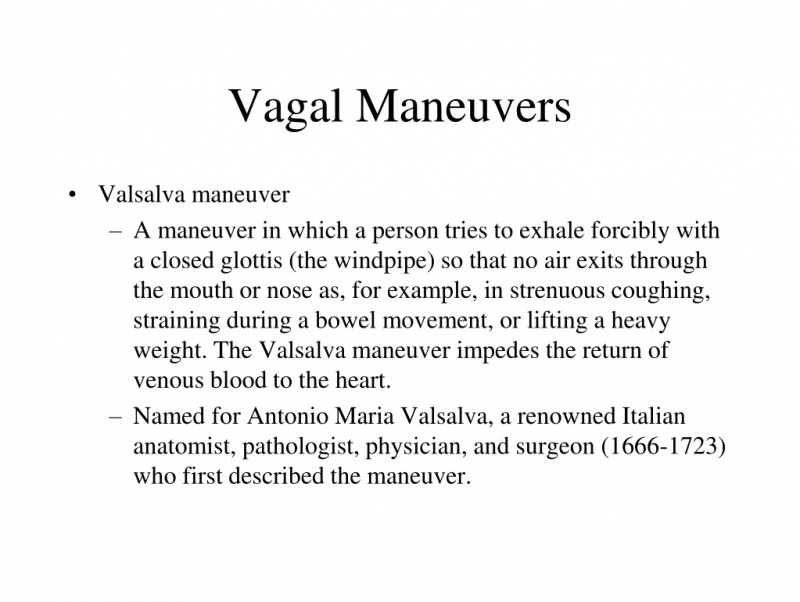
Do vagal maneuvers Do vagal maneuvers -
Heart palpitations may result from dehydration. Because your blood contains water, it might get thicker when you become dehydrated. Your heart has to work more to pump blood through your veins the thicker it is. That might make your heart beat faster and possibly cause palpitations.
The research was conducted by Natalia Dmitrieva of the US National Institutes of Health and colleagues: "Our study suggests that maintaining good hydration can prevent or at least slow down the changes within the heart that lead to heart failure", Dr. Dmitrieva. Grab a glass of water if you notice an increase in your heart rate. Drink more fluids if you notice your urine has a dark yellow color to avoid heart palpitations. Many experts recommend drinking around 2 liters of water daily (1.6–2.1 for women and 2–3 for men).

Drink enough water 
Drink enough water -
Your body's electrical signals are transported by electrolytes. The proper operation of your heart depends on electrical signals. Electrolytes like these can help your heart health: potassium, calcium, magnesium and sodium.
The best source of the majority of these electrolytes is food. Some excellent potassium sources include:
- Avocados
- Bananas
- Sweet potatoes
- Spinach
- ...
Eat more dairy products and dark leafy greens to enhance your calcium intake. Along with salmon, nuts, and dark leafy greens, these foods are excellent sources of magnesium. Most people consume the recommended amount of sodium through packaged foods like deli meats and canned soups. Your electrolyte balance may be maintained with supplements, but see a doctor before starting any new supplement regimen. Electrolytes in excess might be problematic. Your doctor can check your blood and urine for imbalances if you think you might have one.
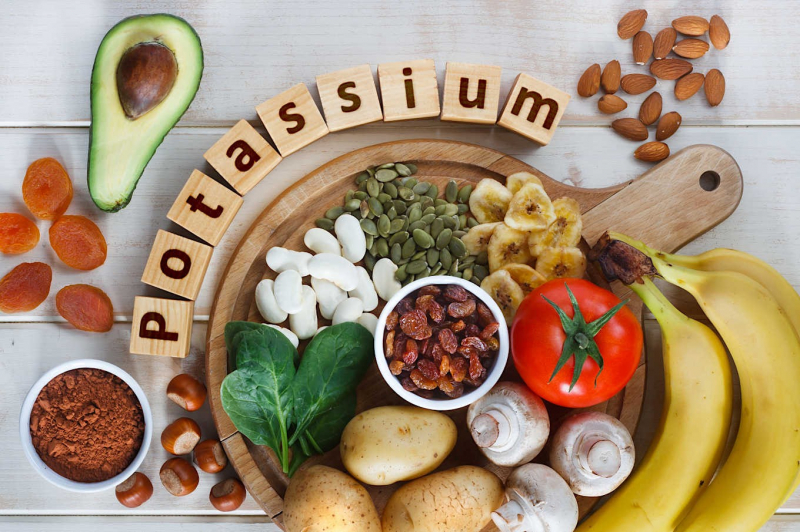
Restore electrolyte balance 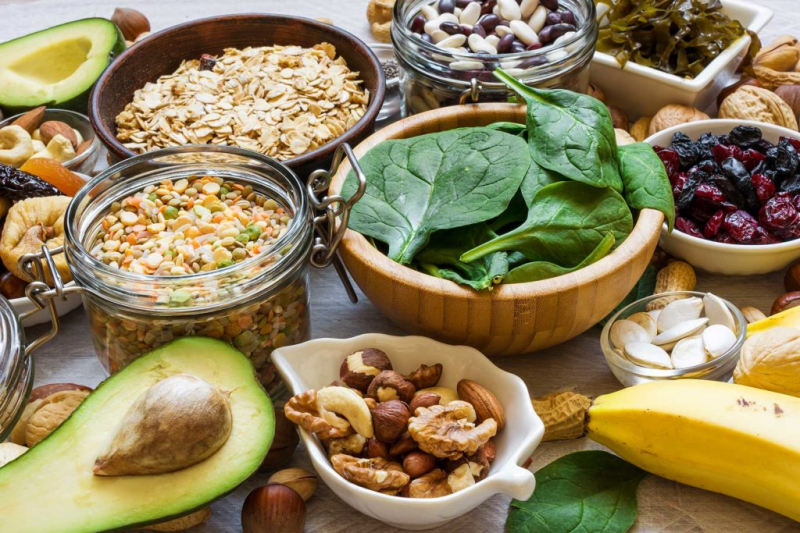
Restore electrolyte balance -
There are numerous substances that could increase your risk of having a rapid heartbeat. By doing away with these things, you might be able to reduce or perhaps get rid of your symptoms.
They consist of:
- Caffeinated beverages and foods
- Tobacco products or cannabis
- Heavy alcohol use
- Certain cold and cough medications
- Appetite suppressants
- Drugs used to treat mental health conditions
- High blood pressure medications
- Ilegal drugs like cocaine, methamphetamine, or other amphetamines
- ...
Probably only you will know what your own triggers are. Consider keeping track of the foods you eat that might make your heart race. Try to stay away from anything you think is leading to your symptoms, and then check to see if they go away. If you believe that taking prescription medications may be the source of your problems, consult your doctor before quitting them.

Avoid stimulants 
Avoid stimulants -
A key component in traditional Chinese medicine, hawthorn berry extract has been used to treat high blood pressure and digestive problems. Heart palpitations may also be lessened with the aid of hawthorn berry extract.
In previous two-year cohort research, 952 heart failure patients were divided into different groups. One would receive hawthorn extract as an add-on therapy, one group would use only hawthorn extract, and the final group would receive therapy without hawthorn. According to the study, those who utilized hawthorn berry extract on their own experienced fewer heart palpitations than those who received no hawthorn at all. Hawthorn's effect is controversial, and according to the National Institutes of Health, it may speed up the progression of heart disease. Before taking hawthorn extract, consult your doctor since it may interfere with heart drugs. Hawthorn should not be given to children and is not advised for use during pregnancy or during nursing. Because herbs are not subject to FDA regulation, do your research before choosing any herbal remedies that contain hawthorn. Quality, improper labeling, or contamination could all issues.

Try hawthorn berry extract 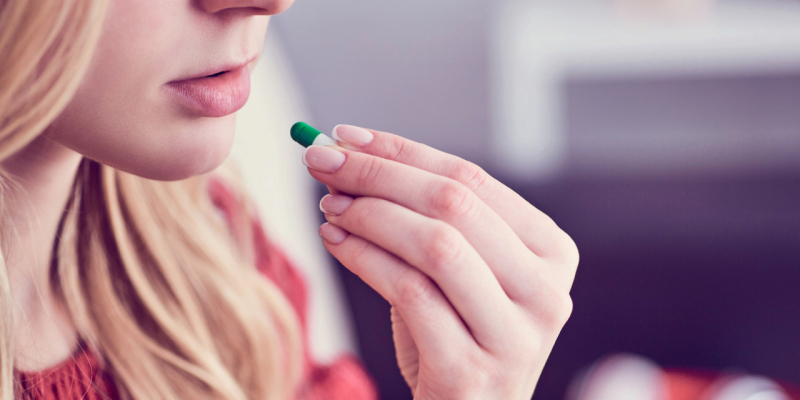
Try hawthorn berry extract -
Supraventricular tachycardia is a rapid heart rhythm that can be treated quickly and non-invasively with the Valsalva technique. It is occasionally the first option for treatment before considering medication or another technique to get back a normal heart rhythm. You should do the Valsalva maneuver after your provider gives you instructions. They’ll also know if you have the type of abnormal heart rhythm that responds to this maneuver.
Do the following steps in order to do a Valsalva maneuver:
- Pinch your nose
- Close your mouth
- Attempt to exhale
- Bear down, as if having a bowel movement
- Do these steps for 10 to 15 seconds
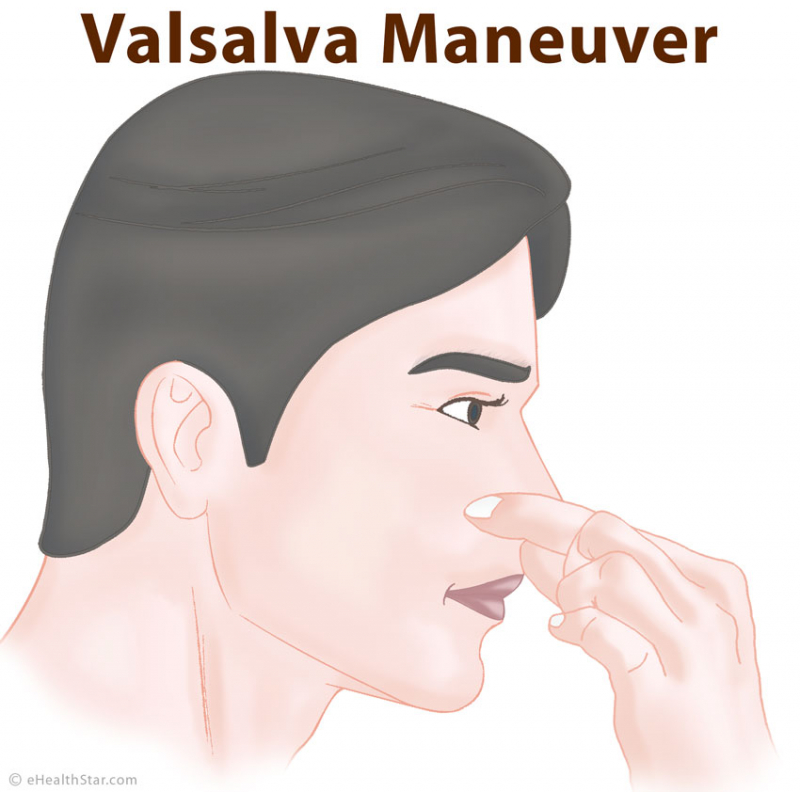
Do valsalva maneuvers Do valsalva maneuvers -
A healthy, balanced diet should be a component of your strategy whether you're attempting to prevent a heart attack or are recovering from one. To promote the health of your heart, eating the right foods helps keep your blood pressure and cholesterol under control. Knowing which foods to avoid and which to prioritize is crucial as you build your heart-healthy eating plan.
A healthy, well-balanced diet includes:
- Fresh fruits
- Vegetables
- Whole grains
- Lean proteins
- Healthy fats from nuts or fish
- ...
Limit these foods to lower your risk of heart problems:
- Saturated fats
- Trans fats
- Salt
- Sugar
- Processed or packaged foods
- ...
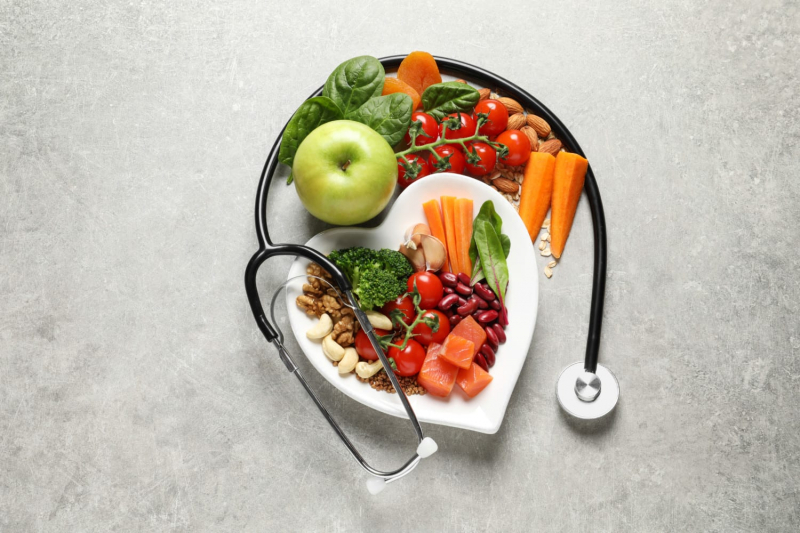
Eat a balanced diet 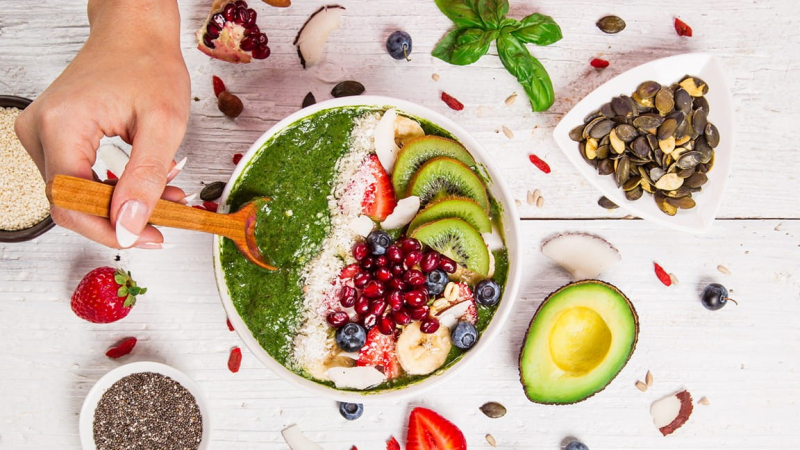
Eat a balanced diet -
An accelerated heart rate and stress frequently coexist. As a result, minimizing your stress levels can help in lowering your heart rate. Additionally, it can lessen your risk of developing high blood pressure and other stress-related health problems. There are numerous efficient methods for lowering stress.
Although it’s not easy to calm your anxious heart, there are several techniques and approaches you can try that have had some success. Some of these are:
- Practicing mindfulness
- Trying deep breathing
- Going to therapy
- Watching your caffeine intake
- Exercising daily
- Journaling
- ...
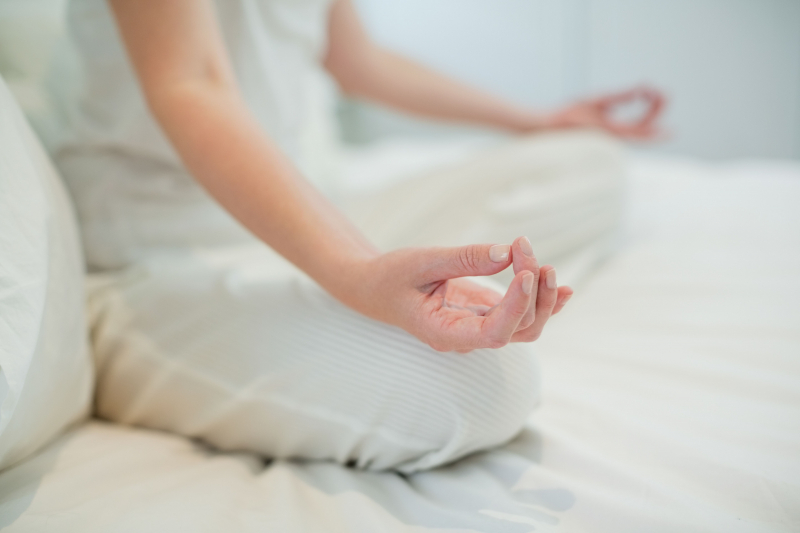
Reduce stress levels 
Reduce stress levels -
Physical, mental, and emotional health all benefit from regular exercise. Exercise has many positive effects on heart health. A regular exercise routine can help: lower blood pressure; lessen the risk of developing diabetes; maintain healthy body weight and reduce inflammation throughout the body.
“One of the key benefits of exercise is that it helps to control or modify many of the risk factors for heart disease”, says Dr. Kerry Stewart, director of Clinical and Research Exercise Physiology at Johns Hopkins Bayview. And in fact, regular exercisers are also less likely to get a sudden heart attack or another potentially fatal cardiac event, according to numerous research. The American Heart Association advises 75 minutes per week of vigorous aerobic exercise or 150 minutes of moderate aerobic exercise. Cardio doesn't need to be difficult. In fact, brisk walking has many health advantages, such as enhanced cardiovascular health, decreased blood pressure, and weight loss.

Exercise regularly 
Exercise regularly













